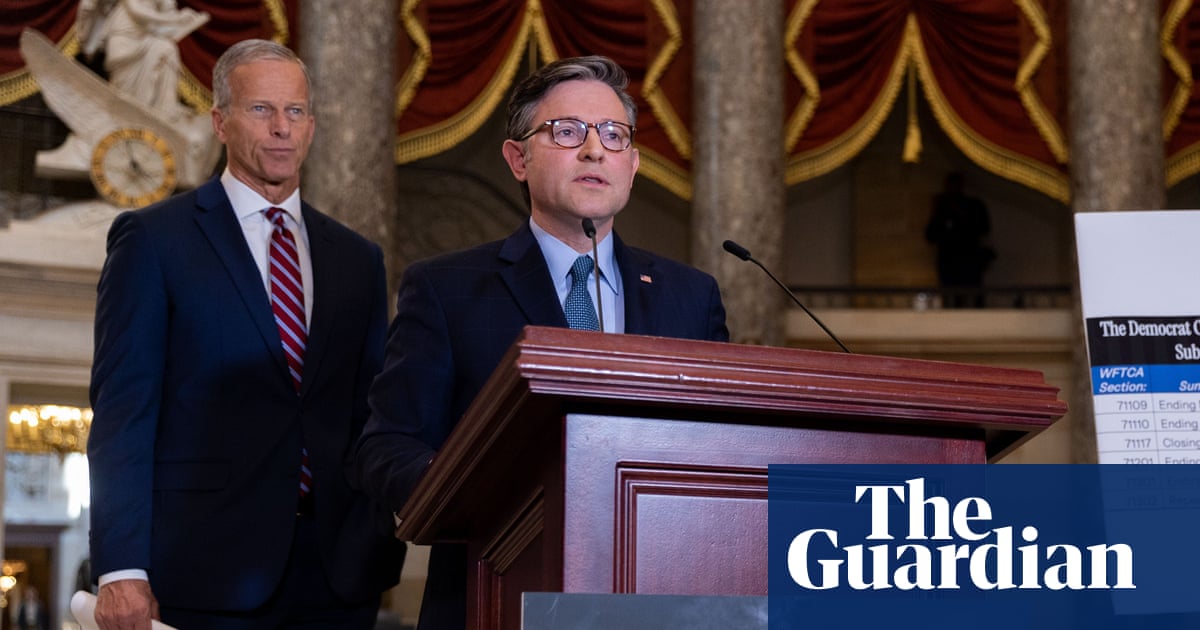CINCINNATI — Bengals President Mike Brown searched for a word to describe what’s become of the negotiation with first-round pick Shemar Stewart at the club’s annual media luncheon on Tuesday.
He paused for a moment before settling on one that felt spot on with the situation surrounding the lone unsigned first-round pick left in the NFL.
“Silliness,” Brown said.
The words of director of player personnel and de facto general manager Duke Tobin left less to the imagination but offered a similar breath of exasperation from the organization with Stewart’s representation, Zac Hiller, of LAA Sports.
“I’m not going to blame Shemar,” Tobin said. “He is listening to the advice he is paying for. I don’t understand or believe or agree with the advice, but I’m not the one paying for it. If I felt we were treating him unfairly as it relates to all the other draft picks in this year’s draft, then maybe it would be a different story. But we are not.”
Stewart was selected 17th by the Bengals in April. The battle with Stewart and Hiller began in earnest when they opted not to sign the practice waiver during the offseason program.
Every other first-round pick signed the waiver that cleared them to participate without a contract, but Stewart stood on the sidelines while negotiations were ongoing.
The central argument emanates from default language in the contract. The Bengals have language in the deal similar to most first-round picks across the league, but which they have not specifically used before with a first-rounder. The default language, one of the few negotiable elements in the slotted rookie contracts, was different for 2023 first-round pick Myles Murphy than last year’s first-rounder Amarius Mims, and the club again wanted to alter it.
“What we’re going to do is what all the other first-round picks got,” Tobin said.
The language looks to bring clarity to potential voiding of future guarantees if Stewart has a transgression that advances to significant disciplinary action from the league or beyond.
“It’s about the guarantee in the case of if you were to do something contrary to the discipline levels of the league that resulted in his being suspended or our saying we aren’t going to accept that,” Brown said. “I don’t think that’s going to happen ever. But that’s what’s holding it up. It’s never happened as long as I can remember. His agent wants it to be so that if he acted in a terrible fashion — this is all hypothetical — something that rises to the level of going to prison, that we would be on the line for the guarantee for the future years that hadn’t been paid. Our position is if that happens, we’re not going to be. We’re not going to be paying someone who is sitting in jail. That’s not what we’re going to do.”
What Hiller wants is for the Bengals to do what they did with Mims last year. That’s where Tobin went specifically into explaining why that’s not happening.
“Yeah, everyone evolves but Cincinnati, is what you’re saying,” Tobin said. “It really doesn’t make any sense to say that Cincinnati doesn’t get to evolve their contracts, yet the rest of the league evolves their contracts. I don’t buy into that philosophy at all. Contracts evolve. I’ve been in it 30 years. They’ve evolved every year for 30 years. They evolve in good ways for players. Signing bonuses go up. That’s an evolution. Guarantees get extended further down the draft. That’s an evolution. You can’t just say you want the positive evolutions but yet the teams can’t evolve their language to be clearer on the meaning that is actually agreed to, which is why other teams have done it. We’re not asking for anything anybody isn’t already doing. So do I feel badly about it? I do not.”
Mims signed on July 22, 2024, but the difference in the two waits has been polar opposite. Mims practiced and became the story of the Bengals’ draft class last year with how the inexperienced offensive tackle approached the position and immediately built trust, rising to a starter level despite a preseason injury. Stewart sat in front of his locker and took shots at the organization and front office during a lengthy session during minicamp.
“Y’all just want to win arguments more than winning games,” Stewart said at the time.
Stewart eventually left minicamp before the final practice. The team has been in contact with Stewart over the break and was aware he spent time working out back in College Station, Texas. Despite rumblings that Stewart might be looking to go back to school, Texas A&M head coach Mike Elko shut that down in an ESPN interview from SEC Media Days.
“There’s no intentions of Shemar to play for the Aggies this year,” Elko said.
Stewart could choose to sit out completely this season and re-enter the NFL Draft next year, and the Bengals would not be able to draft him. That would push back his clock on collecting his current NFL contract, time until he can negotiate a lucrative second contract, forego interest gained in the meantime and he could still end up needing to use the same language in his rookie contract with another team.
The fact that what’s essentially turned into a rubber stamp across the NFL evolved into this mess only adds to the negotiation’s “silliness,” but there was a focus from the Bengals that the ire is not directed toward Stewart.
“I can just say that it’s important for Shemar to be here,” Tobin said. “He can be a valuable member of our team. We believe in him. I don’t blame him, but I have a hard time really comprehending the advice that he’s getting.”
(Photo: Albert Cesare / Imagn Images)
Source link


